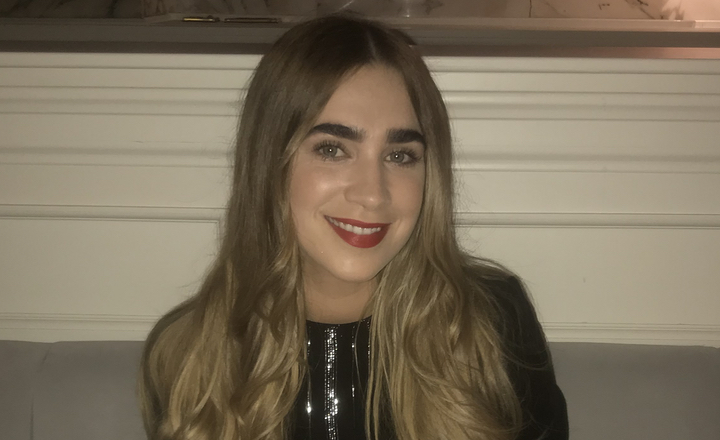How secure is your hospitality business?
Seven tips to make security pay its way in the new normal in hospitality from industry expert Chris Coughlin, from Stanley Security
We speak to Lyndsey Monaghan, Retentions Account Manager at utilities broker Inenco to get the expert opinion on all things energy.
Some people can, yes. It depends on your individual case. Lots of people pay no attention to their energy bills and just pay them, whatever the cost. They might only consider the big six providers and stay on variable rates after their deal is up so they might not be getting the best value for money. With the longer term fixed contracts, you can make savings.
If you have a small chain, say two or three sites, and they’re all on different tariffs and start/end dates, we could work with you
to align them, which could lead to cost savings as well.
Pre-Covid, 12- and 24-month contracts were cheaper. But at the moment, longer term are more competitive because providers want to get guaranteed customers for longer. If you can, switch in the summer as prices tend to be cheaper. Generally, autumn/winter is more expensive because demand is higher.
A large amount of energy costs – 63%-64% – is not actually the energy itself, it’s what we call ‘non-commodity costs’, which are things like taxes and transportation of energy. Some providers offer tariffs that allow you to fix that part of the bill for three to four years and save money. I’d advise going longer term to get price protection.
It means you can budget better, too.
If you have debt on your account, then obviously that will need to be cleared before switching but otherwise it needn’t be stressful at all. If you use a broker, then they’ll deal with the whole process. You just need to sign T&Cs and choose a deal when presented with options. People shouldn’t be scared, it’s very simple.

Don’t wait until just before your current deal ends. I’d recommend to start looking 3-6 months before your contract end date. You’ll get more competitive rates at this point, rather than doing it last minute when suppliers know you need to change quickly. You’ve got a better negotiation stance earlier on, so be proactive.
Yes, definitely. Don’t be afraid of them. You’ll only pay for what you use. In the UK, we import a certain amount of energy each year from abroad. By more people using smart meters, we can get a more accurate picture of how much is being used in total which should bring down costs as we’ll know how much to buy.
If it’s important to your business, then yes. It’s a growing market with more suppliers offering green tariffs and mixed fuel options (where some of the fuel is green). It is becoming more competitive all the time. Green gas can be 2%-4% more expensive, which isn’t that significant if you don’t use much. Many businesses like to advertise on their website that they use green energy, which can be a good selling point.


Many people like to speak to a human being on the phone if they have a customer service issue. Some of the cheaper providers might only have online help. The cheapest ones aren’t always the best for service. If you go with a broker, you don’t need to worry about customer service as we deal with all those queries for you.
We work for the customers, not the suppliers, so are always looking at the whole market for the best deal. If you come to us, we’ll look at your current bill, what rates you’re paying and go to the supplier and ask for their best deal. We’ll then go out to other suppliers and see if we can find a cheaper offer. If we can, we then go back to the current supplier to see if they’ll match or beat it.
Find out if energy broker Inenco can save you money.
Sign in to save topics you love, and build your archive of events, menus and articles.